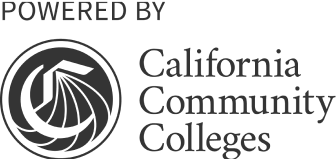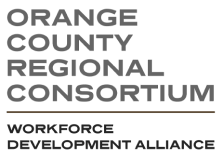Orange County is rapidly emerging as a national leader in Artificial Intelligence (AI) and Augmented/Virtual Reality (AR/VR) innovation, yet K-12 students—especially underserved populations—face significant barriers in accessing these transformative career pathways. Despite strong regional job demand in AI/AR/VR fields, with over 16,000 annual openings and wages ranging from $33–$50 per hour, equity analyses reveal that only 13% of underserved students completed CTE pathways in the past year due to systemic issues like rigid schedules, lack of transportation, and limited exposure. OC Pathways proposes a county-wide strategy to close these equity gaps by collaborating with community colleges, industry leaders, and school districts to integrate AI/AR/VR into high school curricula, expand work-based learning, and provide immersive virtual tours and mentorship opportunities. With the support of K12 Strong Workforce Program funds, this initiative will deliver industry-aligned curriculum, infrastructure upgrades, and targeted supports to increase enrollment, improve completion rates, and prepare students—especially those historically underrepresented—for high-skill, high-wage careers in emerging technologies.
This project aims to expand college and career exploration opportunities in Artificial Intelligence (AI), Augmented Reality (AR), and Virtual Reality (VR) for middle and high school students across Orange County, with a strong focus on underserved populations. Funded by the K12 Strong Workforce Program, the initiative includes teacher training, educator incentives, immersive tech-focused events, industry guest lectures, virtual and in-person site visits, and the development of 360-degree virtual tours of AI/AR/VR companies and college campuses. Through collaboration with industry partners, community colleges, and school districts, students will gain access to hands-on learning, dual enrollment opportunities, and pathways aligned with high-wage, high-demand careers. Measurable outcomes include increased participation and completion rates in CTE pathways, enhanced equity through bilingual outreach, and the launch of a regional AI/AR/VR work-based learning hub. Serving over 226,000 students—nearly half from low-income backgrounds—the project aims to increase student engagement in tech career planning by 5% annually, laying a sustainable foundation for a more diverse and skilled local workforce in emerging technologies.




